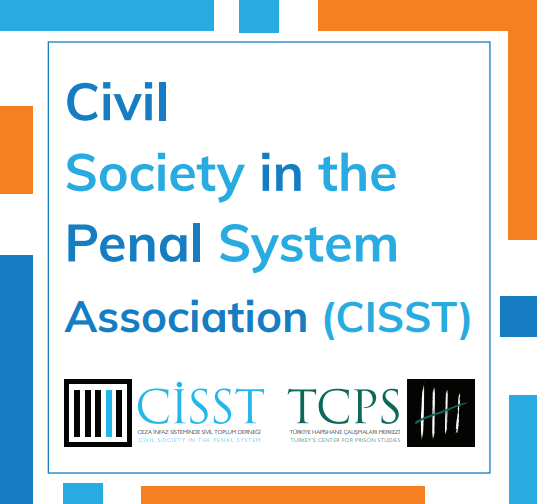CİSST 2019 Annual Report -Conditions For Student Prisoners
Balacan Ayar
The NGO, Civil Society in the Penal System Association (CİSST) has published its 2019 Annual Report which describes the situation of prisons and prisoners with special needs in Turkey and contains information about the current situation. We will convey you the section on the situation of student prisoners in this report, which contains general and inclusive information on prisons. You can read the full report here.
CİSST examined the problems experienced by student prisoners under the following titles: (1) Financial Challenges -especially with tuition fees, (2) Accessing Educational Materials, (3) Way to School and Back to Prison, (4) (Im)possibility of studying in prison, (5) Distant Education-the inability of following courses, and (6) Being Enrolled in a University in a Different City.
One of the data sets regarding the number of student prisoners is presented in the speech of Namık Kemal Varol, Deputy General Director of Prisons Detention Houses, at the Human Rights Inquiry Commission of the Parliament on October 31th, 2019.* According to the data stated in the speech, as of 2019, 55.458 students are attending non-formal education, 2,792 students are studying in educational institutions and 329 students are attending distant education.
In the report, it was stated that the exam and registration expenses of student prisoners were covered by the Ministry of Family and Social Policies until 2017, afterwards the protocol has changed and the payment of tuitions is left to the Social Aid and Solidarity Foundation’s Board of Trustee at the province where the prison is located. (p.60-61)
Educational materials: While free material delivery was provided to students studying in open education until 2019, the application was subsequently removed. According to the report, the prison administration does not accept the lecture notes brought by the visitors as the notes do not have a tax label, and the administration provides students the option to download and duplicate the lecture notes for a fee (p. 61). The report also points out that students cannot find the opportunity to study due to the prison’s crowded and noisy setting and that they don’t have a study room or library (p. 61-62).
As mentioned in the report, the available transportation for student prisoners’ is also not very suitable. As there is no attempt to facilitate access to schools from prisons far from the city center and the need for students to avoid time-related disciplinary penalties, the report cited the effect of the financial burden on student prisoners using taxis for high fees (p.61). Finally, it was noted that student prisoners studying at a university in a different city could not continue their education due to their inability to -attend. Students’ referral requests stating this situation were generally rejected for reasons such as the occupancy rate (p. 62).
*https://www.tbmm.gov.tr/develop/owa/komisyon_tutanaklari.goruntule?pTutanakId=2410

